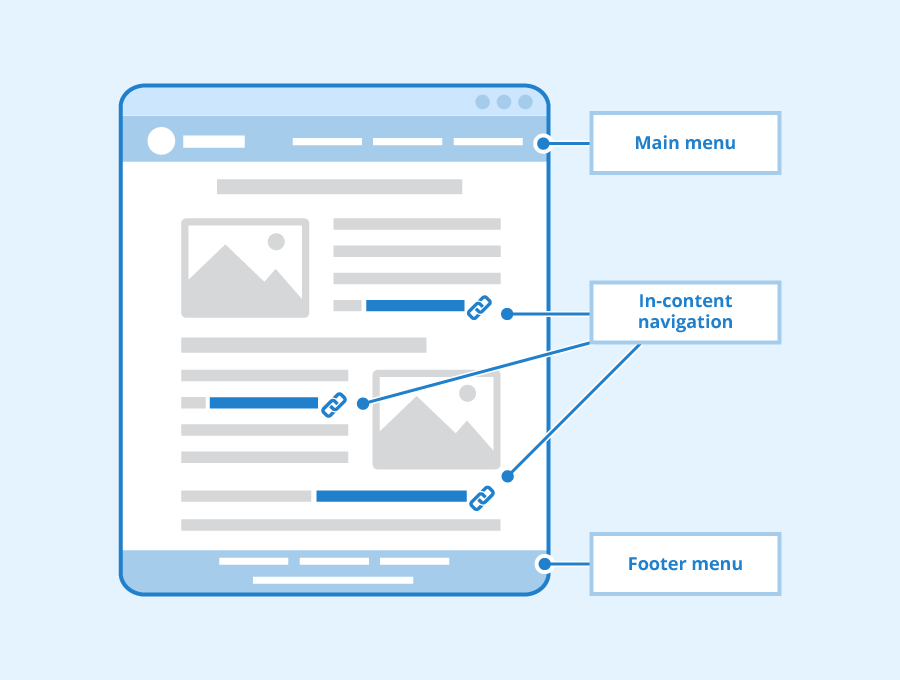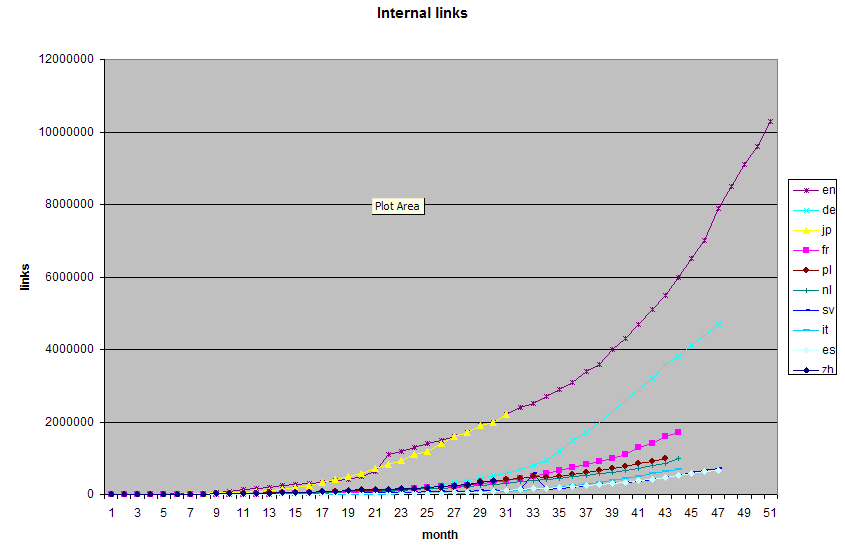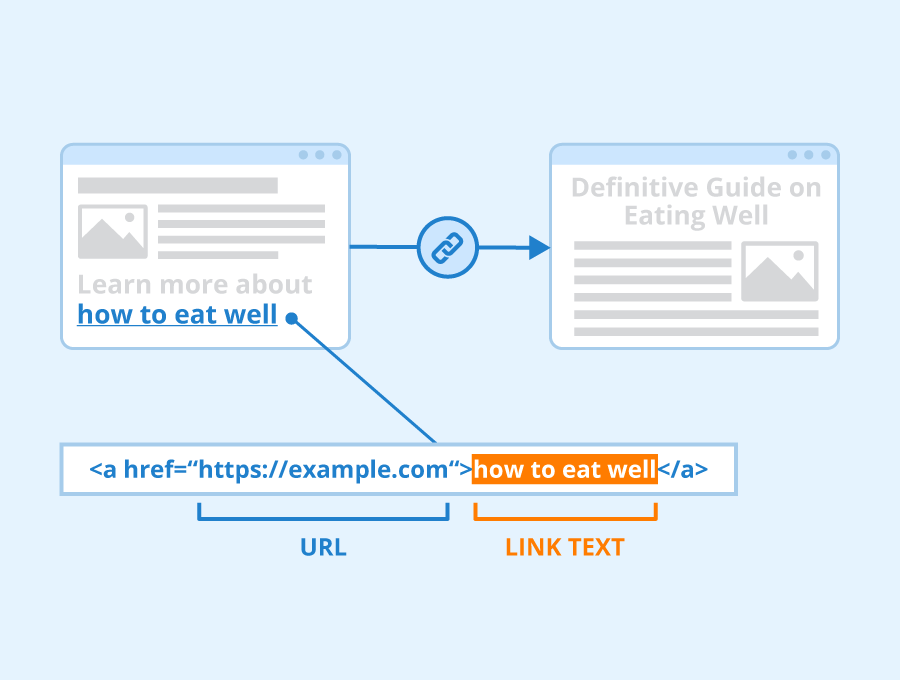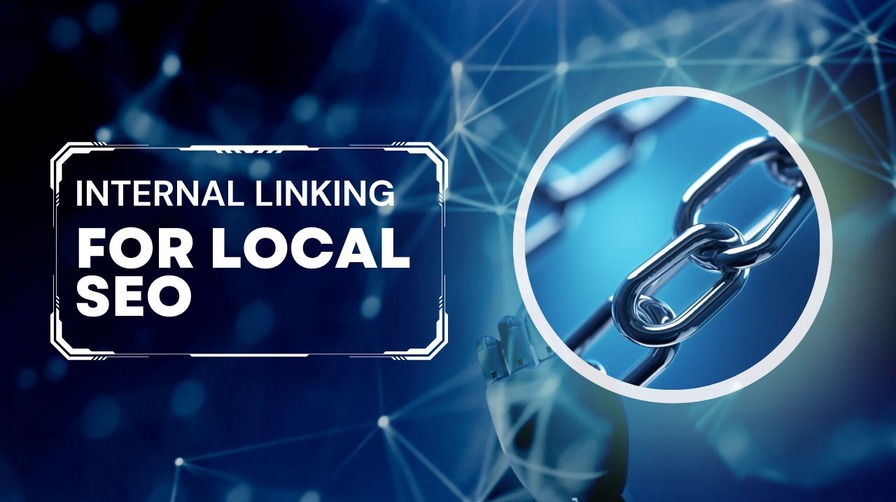Importance of Internal Linking Strategies for Local SEO
Importance of Internal Linking for Local SEO
Internal linking plays a crucial role in improving local SEO for websites. By strategically linking relevant pages within a website, businesses can enhance website navigation, improve user experience, increase page authority, and boost local search rankings.
In this article, I’ll explain the importance of internal linking for local SEO and discuss best practices and strategies to optimise it. So, follow along as we unravel the secrets behind the secrets of internal linking.
Table of Contents:
- Understanding Internal Linking
- What is Internal Linking?
- Why is Internal Linking Important for Local SEO?
- Benefits of Internal Linking for Local SEO
- Improved Website Navigation
- Enhanced User Experience
- Increased Page Authority
- Boosted Local Search Rankings
- Best Practices for Internal Linking
- Use Descriptive Anchor Text
- Link Relevant Pages
- Maintain a Balanced Link Structure
- Avoid Broken Links
- Internal Linking Strategies for Local SEO
- Linking to Location-Specific Pages
- Linking to Service Pages
- Linking to Blog Posts
- Linking to Testimonials and Reviews
- Internal Linking Impact on Local SEO
- Conclusion
- Frequently Asked Questions
Understanding Internal Linking
What is Internal Linking?
Internal linking is an essential aspect of website optimisation. It involves creating hyperlinks that connect different pages within the same domain. These links help users navigate through the website and discover relevant content. Internal linking plays a crucial role in improving website structure and enhancing user experience.
Why is Internal Linking Important for Local SEO?
Internal linking plays a crucial role in improving the visibility and ranking of local businesses in search engine results. By strategically linking relevant pages within your website, you can enhance the overall user experience and provide valuable information to both search engines and website visitors.
One of the key benefits of internal linking for local SEO is the improved website navigation it offers. By linking to relevant pages, you can guide users to important information about your business, such as location-specific pages, service pages, blog posts, and testimonials. This helps users easily find the information they are looking for, leading to a positive user experience, but ill come back to these in a bit.

Internal linking also helps to increase the page authority of your website. When you link to other pages within your site, you are signaling to search engines that these pages are important and relevant. This can result in higher rankings in local search results, ultimately driving more organic traffic to your website.
To make the most out of internal linking for local SEO, I’d suggest sticking to best practices. Use descriptive anchor text that accurately describes the linked page, link to relevant pages that provide additional information, maintain a balanced link structure throughout your website, and ensure there are no broken links. I use a tool called Broken Link Checker, its a Chrome extension that’ll highlight any broken links on a page. It’s free and you can get it here.
By following these best practices, you can optimise your internal linking strategy and improve your local search rankings.
Benefits of Internal Linking for Local SEO
Improved Website Navigation
When it comes to local SEO, improved website navigation plays a crucial role in enhancing the user experience and increasing the visibility of your website. By implementing effective internal linking strategies, you can guide visitors to relevant pages and help them find the information they are looking for.
One way to improve website navigation is by creating a clear and intuitive menu structure. This allows users to easily navigate through different sections of your website and find the content they need. You can also use breadcrumb navigation to provide users with a hierarchical trail of the pages they have visited.
Home > Bakery > Artisan Breads > Whole Wheat Loaf
Another important aspect of improved website navigation is the use of internal links within the content. By linking related pages together, you can create a seamless browsing experience for users and encourage them to explore more of your website.
As mentioned above, it is essential to check for broken links and fix them quickly. Broken links can negatively impact user experience and hinder search engine crawlers from properly indexing your website.
Improved website navigation through effective internal linking is a key factor in optimising your website for local SEO. By guiding users to relevant pages and providing a seamless browsing experience, you can improve your website’s visibility and attract more local traffic.

Enhanced User Experience
Enhanced user experience is crucial for the success of any website. It plays a big role in keeping visitors engaged and encouraging them to explore more. By using effective internal linking strategies, you can improve the overall user experience on your website.
Increased Page Authority
Internal linking plays a crucial role in boosting the page authority of your website. By strategically linking relevant pages within your site, you can signal to search engines that these pages are important and should be given more weight.
This can result in higher rankings in local search results and increased visibility for your business. Internal linking also helps search engine crawlers discover and index your content more effectively, further increasing your page authority.
Boosted Local Search Rankings
Boosting local search rankings is crucial for improving the visibility and reach of your website. By implementing effective internal linking strategies, you can enhance your website’s authority and relevance in local search results.
Best Practices for Internal Linking
Use Descriptive Anchor Text
When it comes to internal linking, one of the key factors id suggest is to use descriptive anchor text. This is the clickable text that appears in a hyperlink and provides context to both users (and search engines) about the linked page. Similar to meta titles and descriptions. By using descriptive anchor text, you can guide users to relevant content and improve their overall experience on my website.
Aswell as improving user experience, descriptive anchor text also plays a crucial role in local SEO. Search engines use anchor text to understand the content of the linked page and figure out its relevance to specific keywords.

By using relevant keywords in my anchor text, I can signal to search engines the topic of the linked page and potentially improve its visibility in local search results.
To ensure the effectiveness of my internal links, I follow some best practices:
- Use descriptive anchor text URLs that accurately reflects the content of the linked page.
- Avoid using generic phrases like ‘click here’ or ‘learn more’.
- Keep the anchor text concise and to the point, avoiding excessive keyword stuffing.
By following these practices, I can enhance the impact of my internal links and optimise them for local SEO.
Link Relevant Pages
When it comes to internal linking for local SEO, it is important to link relevant pages within your website. By linking pages that are related to each other, you can provide a seamless user experience and help search engines understand the context of your content.
As i mentioned above, one effective way to link relevant pages is by using descriptive anchor text. Instead of using generic phrases like ‘click here’ or ‘learn more’, it is important to use keywords that accurately describe the content of the linked page. This doesnt only helps users navigate your website more easily but also provides search engines with valuable information about the linked page.
To ensure that your internal linking strategy is effective, it is recommended to maintain a balanced link structure. This means distributing your internal links evenly across different pages and sections of your website. By doing so, you can avoid over-optimisation of certain pages and ensure that all pages receive equal visibility and authority.
Remember, linking relevant pages within your website is an essential aspect of local SEO. By following these best practices, you can improve your website’s navigation, enhance user experience, and boost local search rankings.
Maintain a Balanced Link Structure
When it comes to internal linking, maintaining a balanced link structure is crucial. A balanced link structure ensures that all pages on your website are interconnected in a logical and organised manner. This helps search engines understand the hierarchy and importance of your content, which can positively impact your local SEO efforts.
To maintain a balanced link structure, it is important to consider the following:
- Distribute internal links evenly: Spread internal links across different pages of your website to ensure equal visibility and authority.
- Avoid excessive linking: While internal linking is important, avoid overdoing it as it can dilute the value of each link.
- Prioritise relevant pages: Link to pages that are contextually relevant to the content being linked from, as this helps search engines understand the relationship between different pages.
- Regularly audit and update: Periodically review your internal links to ensure they are still relevant and functional.
Internal Linking Strategies for Local SEO
Linking to Location-Specific Pages
When it comes to local SEO content strategies, linking to location-specific pages is crucial. These pages provide detailed information about your business’s address, contact information, and other location-specific details.
Linking to these pages, not only helps search engines understand the geographical relevance of your website but also provide valuable information to potential customers looking for local businesses. Linking to location-specific pages can significantly improve your local search rankings and increase your visibility in the local market.
Linking to Service Pages
When it comes to internal linking for local SEO, linking to service pages is crucial. Service pages provide valuable information about the specific products or services offered by a business.
I try and guide my users to the relevant content they are looking for by linking to my service pages. This not only improves the user experience but also helps search engines understand the importance and relevance of these service pages. By strategically linking to service pages, I can increase their visibility and drive more organic traffic to them.
Linking to Blog Posts
Linking to blog posts is an effective strategy when it comes to local SEO. Blog posts provide valuable information and insights to readers, and by linking to them, you enhance the user experience and keep visitors engaged on my website. Also, when i link to blog posts, it helps me to establish my website as a reliable source of information in the local community.
Linking to Testimonials and Reviews
Linking to testimonials and reviews can greatly enhance the credibility and reputation of your business. Positive reviews from satisfied customers can serve as social proof, influencing potential customers to choose your products or services. Linking to testimonials and reviews also helps improve your website’s conversion rate.
To effectively link to testimonials and reviews, consider the following:
- Highlight positive feedback: Select and link to testimonials that showcase the best aspects of your business. This can help potential customers see the value you provide.
- Diversify your sources: Link to reviews from various platforms, such as Google My Business, Yelp, or industry-specific review sites. This demonstrates that your business is reputable across different channels.
- Update regularly: Continuously add new testimonials and reviews to keep your content fresh and relevant.
Remember, testimonials and reviews are powerful tools for building trust and credibility with your audience. By strategically linking to them, you can boost your local SEO efforts and attract more customers.
Internal linking is a crucial aspect of local SEO. By strategically linking relevant pages within your website, you can improve the overall visibility and ranking of your website in search engine results.
At Peter Stuart Local SEO, we specialise in providing expert SEO solutions that can help elevate your website’s performance. Whether you need assistance with on-page optimisation, keyword research, or link building, our team of professionals is here to help. Contact us today to learn more about how we can boost your website’s local SEO and drive more organic traffic to your business.
Conclusion
Internal linking plays a crucial role in local SEO. By strategically linking relevant pages within your website, you can improve the overall visibility and ranking of your website in local search results.
Internal linking helps search engines understand the structure and hierarchy of your website, making it easier for them to crawl and index your content.
It improves user experience by providing easy navigation and access to related information. Using a well-planned internal linking strategy can significantly boost your website’s organic traffic and ultimately drive more conversions.
Frequently Asked Questions
What is internal linking?
Internal linking is the process of linking one page of a website to another page within the same website.
Why is internal linking important for local SEO?
Internal linking is important for local SEO because it helps search engines understand the structure and hierarchy of your website, improves website navigation, and boosts local search rankings.
How does internal linking improve website navigation?
Internal linking improves website navigation by providing clear pathways for users to navigate through different pages of your website, making it easier for them to find relevant information.
What is the benefit of enhanced user experience through internal linking?
Enhanced user experience through internal linking ensures that users can easily discover and access valuable content on your website, leading to increased engagement and satisfaction.
How does internal linking increase page authority?
Internal linking distributes authority and ranking power across different pages of your website, helping to increase the overall authority and visibility of your web pages.
How does internal linking boost local search rankings?
Internal linking helps search engines understand the relevance and context of your web pages, which can improve your website’s visibility in local search results such as Google

